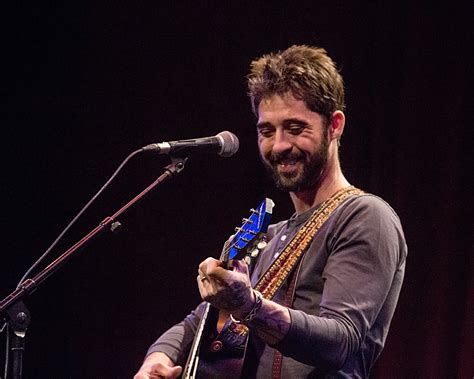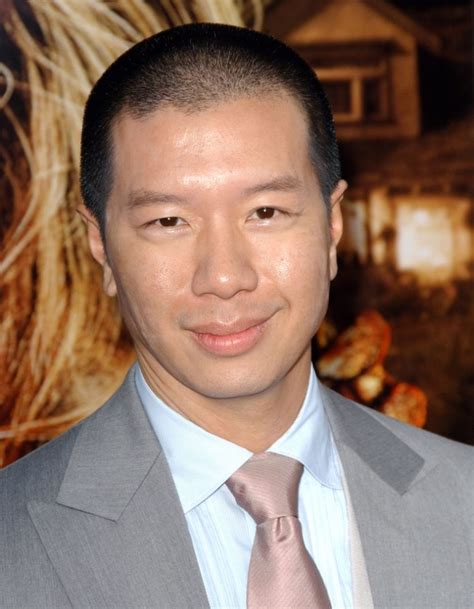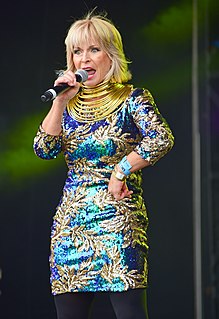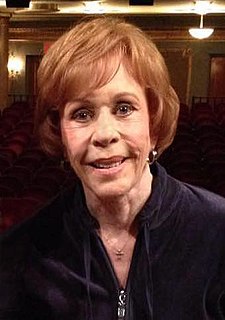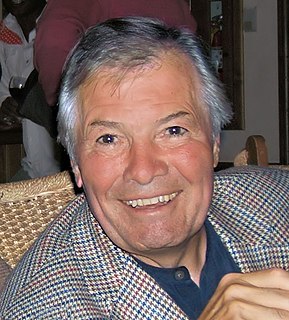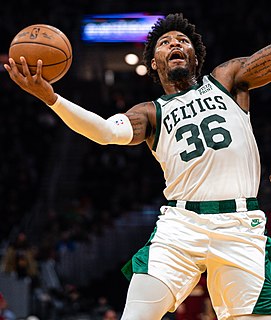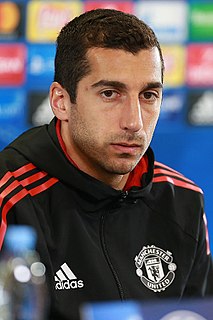A Quote by Ryan Bingham
My parents were severe alcoholics. When I was about 17 years old, I finally left home. It wasn't a choice that I made; it was basically like my parents were gone.
Related Quotes
The announcement that I was going to be an actor was made when was I was 10 years old. And that didn't go down all that well, but I had a lot of years to butter up my parents. My parents have mellowed quite a bit, but, growing up, there was a sense that the only real professions were doctor, engineer, lawyer. Those were your choices.
You know, my parents had a restaurant. And I left home, actually, in 1949, when I was 13 years old, to go into apprenticeship. And actually when I left home, home was a restaurant - like I said, my mother was a chef. So I can't remember any time in my life, from age 5, 6, that I wasn't in a kitchen.
I would say basically the commonplace observation that kids aren't going to earn as much as their parents is now is a coin flip at this point. Are you going to do better than your parents? It's a 50-50 chance, whereas if you were born in the 1940s or 1950s, you had more than a 90 percent chance you were going to do better than your parents. So basically almost a guarantee for most kids that you were going to achieve the American Dream of doing better than your parents did. Today, that's certainly no longer the case.
We left Egypt when I was seven, and we didn't return until I was 21. My teen years were divided between the United Kingdom and Saudi Arabia. Up until we left the U.K., it was like your regular teenage years. The one thing I remember is that I couldn't date. That was one thing my parents made very clear.
Think about reading: Today, parents would love it if their kids read books more because the parents understand the books. Just over 100 years ago, parents were upset because their kids were reading dime-store novels. Parents would say, "I don't want you inside reading anymore. Get outside and play." I guarantee you, in 50 years or so, parents are going to say, "You're not going outside to play until you finish that video game."
My dad and mom were more like World War II-era parents, even though it was the 1960s, because they were both born in the '40s. They were young adults before the '60s even happened, and married, and already having kids. But by the time we were adolescents in the '70s, the whole culture was screaming at parents, "You're a good parent if you're open with your kids about sex." They attempted to be open with us about sex, and it made them want to die, and consequently, it made us want to die.
